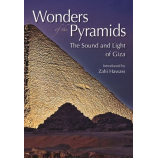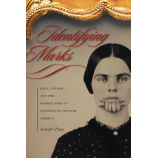Non Fiction
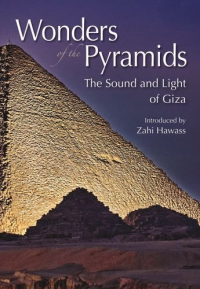
NEW BOOK
Author: Zahi Hawass
Publisher: the American University in Cairo Press
Publication Date: 2010-09-15
ISBN: 9771780271
Binding: paperback
Language: English
Price: 40.00
Wonders of the Pyramids
A visit to the magnificent Pyramids of Giza, the one remaining Wonder of the ancient world, is incomplete without enjoying the performance of the spectacular Sound & Light Show of music, historical narration, and lights and images played out on the ancient stones themselves.
These new, full-color presentations serve as the ideal record—or foretaste—of the Sound & Light experience, with a historical introduction by internationally renowned Egyptologist Zahi Hawass, and the complete script of the show, accompanied by over 60 beautiful photographs of the light show, the monuments themselves, and the ancient sites of the surrounding region.
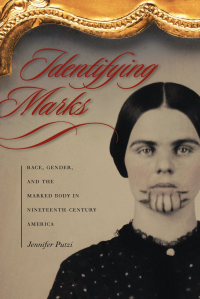
NEW BOOK
Author: Jennifer Putzi
Publisher: University of Georgia Press
Publication Date: 2012-06-01
ISBN: 0820343447
Binding:
Language: English
Price: 45.00
Identifying Marks
What we know of the marked body in nineteenth-century American literature and culture often begins with The Scarlet Letter's Hester Prynne and ends with Moby Dick's Queequeg. This study looks at the presence of marked men and women in a more challenging array of canonical and lesser-known works, including exploration narratives, romances, and frontier novels. Jennifer Putzi shows how tattoos, scars, and brands can function both as stigma and as emblem of healing and survival, thus blurring the borderline between the biological and social, the corporeal and spiritual.
Examining such texts as Typee, Uncle Tom's Cabin, Captivity of the Oatman Girls, The Morgesons, Iola Leroy, and Contending Forces, Putzi relates the representation of the marked body to significant events, beliefs, or cultural shifts, including tattooing and captivity, romantic love, the patriarchal family, and abolition and slavery. Her particular focus is on both men and women of color, as well as white women-in other words, bodies that did not signify personhood in the nineteenth century and thus by their very nature were grotesque. Complicating the discourse on agency, power, and identity, these texts reveal a surprisingly complex array of representations of and responses to the marked body--some that are a product of essentialist thinking about race and gender identities and some that complicate, critique, or even rebel against conventional thought.
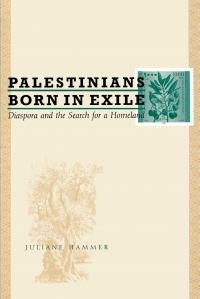
NEW BOOK
Author: Juliane Hammer
Publisher: University of Texas Press; 1St Edition edition
Publication Date: 2005-01-01
ISBN: 0292702965
Binding: Paperback
Language: English
Price: 50.00
Palestinians Born in Exile
In the decade following the 1993 Oslo Peace Accords, some 100,000 diasporic Palestinians returned to the West Bank and Gaza. Among them were children and young adults who were born in exile and whose sense of Palestinian identity was shaped not by lived experience but rather through the transmission and re-creation of memories, images, and history. As a result, "returning" to the homeland that had never actually been their home presented challenges and disappointments for these young Palestinians, who found their lifeways and values sometimes at odds with those of their new neighbors in the West Bank and Gaza.
This original ethnography records the experiences of Palestinians born in exile who have emigrated to the Palestinian homeland. Juliane Hammer interviews young adults between the ages of 16 and 35 to learn how their Palestinian identity has been affected by living in various Arab countries or the United States and then moving to the West Bank and Gaza. Their responses underscore how much the experience of living outside of Palestine has become integral to the Palestinian national character, even as Palestinians maintain an overwhelming sense of belonging to one another as a people.

